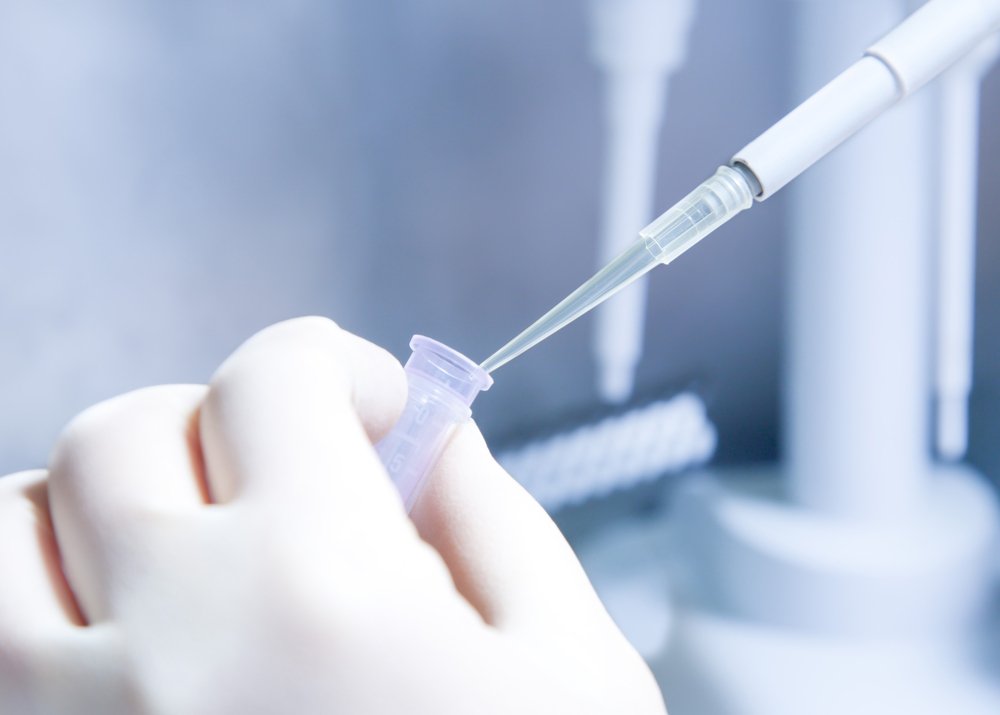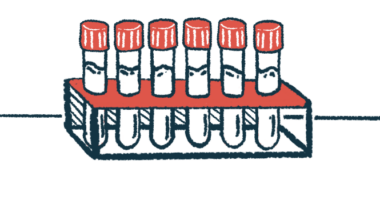SMA Genetic Carrier Status Test Being Launched in Europe, Latin America

A new test that can detect the risk of having children with spinal muscular atrophy (SMA) will be commercialized in a joint effort by the two companies, SYNLAB and Counsyl.
SYNLAB will offer Counsyl’s proprietary Expanded Carrier Screening (ECS) test under the tradename preconGEN. The test will be offered in selected countries in Europe and Latin America, including in Spain, Portugal, Italy, Switzerland and Colombia.
The currently available physician-ordered ECS, marketed as the Family Prep Screen in the U.S., identifies about 2.6 percent of couples at risk of having children with a number of genetically inherited conditions, in addition to SMA. This number applies to people of European descent.
SMA is the result of two faulty survival of motor neuron (SMN) genes. When a person has only one faulty copy, physicians refer to her or him as a carrier. But as carriers of faulty SMN genes are relatively common in the population — about one in 50 people have one — the risk of two carriers getting together is considerable.
The new test will be able to spot SMA carriers, as well as those carrying genes of other inherited conditions.
“When both parents are carriers of the same recessive genetic condition, such as cystic fibrosis or spinal muscular atrophy, they have a one in four chance of having an affected pregnancy,” Matthew Meyer, Counsyl’s senior vice president of corporate development, said in a press release.
According to Cure SMA, genetic tests can detect about 90 percent of carriers, except for in African-Americans. Since many African-Americans carry an unknown mutation, their detection rate is about 70 percent.
And, in the words of SYNLAB, knowledge of one’s genetic status allow “couples to make informed decisions … when planning to have children”
“Offering Counsyl’s ECS product in Europe and Latin America will provide more people with important genetic information about serious conditions,” said Meyer.
But Cure SMA underscores that — although a highly personal decision — genetic testing is only recommended for people at risk for inherited disease. And the choice of whether to be tested is not as straightforward as it might seem.
Finding out about carrying a disease gene puts carrier couples in a situation that could be sensitive and troubling — creating a need for counseling.
“We encourage each family to discuss their situation with a physician, genetic counselor, and — if helpful — a therapist or a spiritual advisor,” Cure SMA states in its advice to carrier couples.







